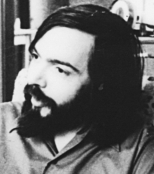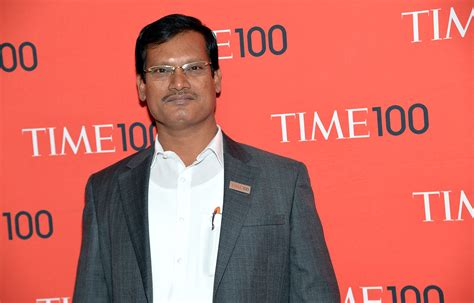A Quote by Pankaj Mishra
When I first decided to be a writer, that meant dealing with preoccupations and concerns that took little account of Indian traditions. I saw India's past as part of an antiquity rendered irrelevant by modernity, which with its science, nation states, free enterprises, and consumer societies was supposed to have solved all problems.
Related Quotes
The very word "secrecy" is repugnant in a free and open society; and we are as a people inherently and historically opposed to secret societies, to secret oaths and to secret proceedings. We decided long ago that the dangers of excessive and unwarranted concealment of pertinent facts far outweighed the dangers which are cited to justify it. Even today, there is little value in opposing the threat of a closed society by imitating its arbitrary restrictions. Even today, there is little value in insuring the survival of our nation if our traditions do not survive with it.
My concerns through the years increased about the concerns of an independent judiciary and how we maintain it. Certainly in the states. I'm a product of state government in my own state of Arizona. And it seemed to me that the popular election of judges was creating major problems in many states, and we had improved the system in Arizona. And I thought the nation ought to at least rethink how we select our nation's trial judges in the states.
There are many similarities between India and America. If you look at the last few centuries, two things come to light. America has absorbed people from around the world and there is an Indian in every part of the world. This characterizes both the societies. Indians and Americans have coexistence in their natural temperament. India and the United States of America are bound together, by history and by culture. These ties will deepen further.
Free societies, which allow differences to speak and be heard, and live by intermarriage, commerce, and free migration, and democratic societies, which convert enemies into adversaries and reconcile differences without resort to violence, are societies in which the genocidal temptation is unlikely and even inconceivable.
And there is also the paradox that the dominating culture imbues the Indian past with great meaning and significance; it is valued more because it is seen as part of the past. And it is the romantic past, not the present, that holds meaning and spiritual significance for so many members of the dominating culture. It has seemed so strange to me that the larger culture, with its own absence of spirit and lack of attachment for the land, respects these very things about Indian traditions, without adopting those respected ways themselves.
The separation of church and state is extremely important to any of us who holds to the original traditions of our nation. . . . To change these traditions . . . would be harmful to our whole attitude of tolerance in the religious area. If we look at situations which have arisen in the past in Europe and other world areas, I think we will see the reason why it is wise to hold to our early traditions.





































